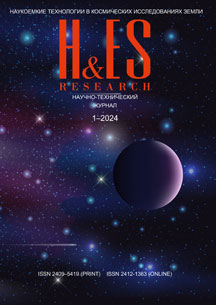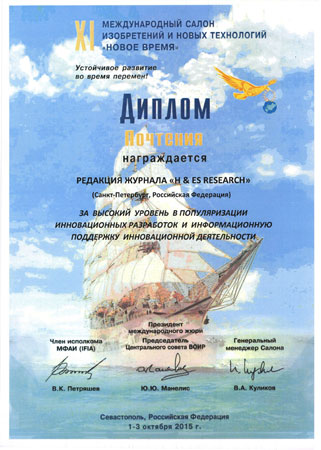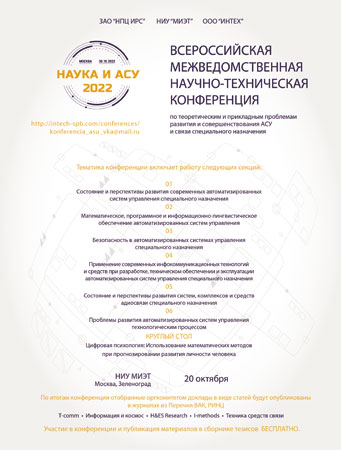The work presents a technique that allows the decision - maker to justify the choice of the preferred option of using rocket and space systems that are part of the test spaceport in the absence of preferences (criterion uncertainty), and in cases of preferences. Each variant of the rocket and space complex application is evaluated by three indicators: efficiency, cost, resource intensity.
As input data for the method applied a set of valid options for use of missile-space complexes, obtained through the scientific methodological apparatus developed earlier. Depending on these conditions, the problem of justification of the preferred application is solved in two areas. In the absence of the decision-maker's preferences, the problem of choosing the preferred application of the rocket and space complex is solved by the method of the ideal point, in the absence of the decision - maker's preferences, this problem is solved by the lexicographic method. In solving this problem in the first area, each variant of the rocket and space complex is represented by a point in the finite-dimensional Hilbert space. Next is the ideal point as a point in space having the coordinates found as a set of the smallest values of the represented set. Next, the distance between each of the set of points and the preferred option of using rocket and space complexes of the test spaceport is calculated. If the decision-maker has information about priorities, the problem of choosing the preferred application option is solved using the lexicographic method. The peculiarity of this method is to select the highest priority indicator and narrowing the set of alternatives to the set in the court, the maximum values for the indicator having the first priority. In accordance with the same logic, the set is narrowed in terms of priority two and in terms of priority three, the preferred use of the rocket and space complex is found. Application of the specified technique allows to justify the selection of a preferred option of application of rocket-space complexes in different circumstances.



















